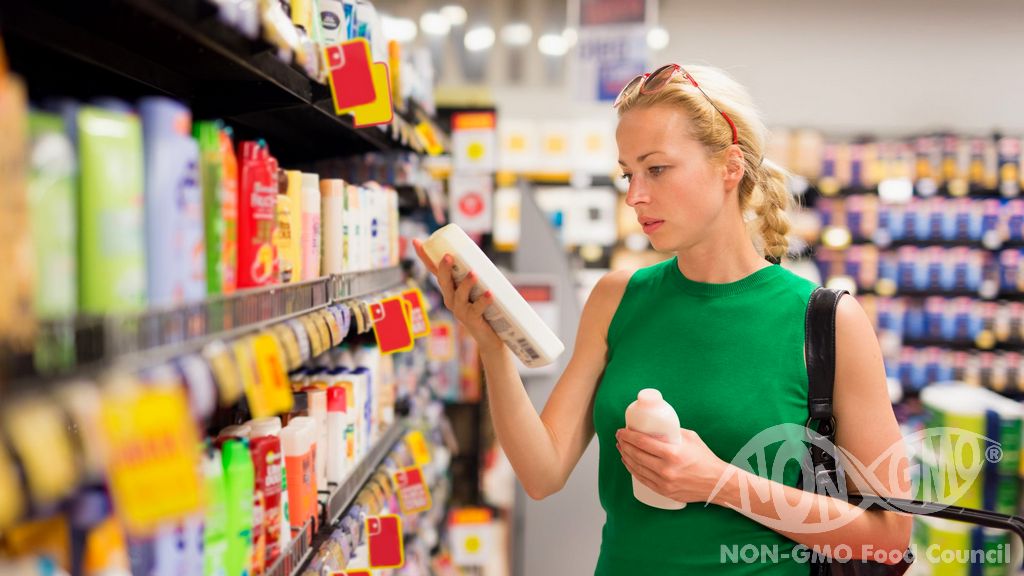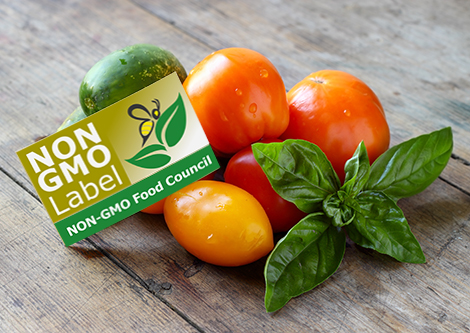Any non-GMO labeling must comply with strict requirements. The entire food and feed production process, from seed to planting in the fields, processing and packaging, including the correct use of the non-GMO label, is controlled to ensure that no GMOs are present.

National food and feed control authorities as well as external monitoring and certification bodies ensure that all labeled non-GMO products fully comply with non-GMO requirements from seed to final product.
The non-GMO claim closes the labeling gap in EU GMO legislation. Currently, only GM feeds are subject to GMO labeling, but not related food products such as milk, meat and eggs. Significant amounts of genetically modified soybeans, oilseed rapeseed and corn are imported for feed production.
Unless the European legislator introduces a “GMO” labeling for foods derived from GM feed – and there is no indication that it does – only non-GM labeling offers freedom of choice and full transparency for consumers in the animal product segment. Non-GMO products support consumers in choosing non-GMO agriculture and non-GMO food.
Since the introduction of GMOs to EU markets in 1996, a significant number of European consumers have made it clear that they do not want GMOs anywhere in their food chain. Many European supermarkets do not want to sell GMO foods.
As a result, it is rare to see labeled GMO products on European supermarket shelves. Instead, the rapidly growing range of products labeled as non-GMO has already turned into a strong and successful business segment.
Non-GMO production has become an established quality standard in many European countries: currently, laws or industry agreements are in force in Austria, France, Germany, Slovenia, Italy, Hungary, Poland, Czech Republic, Switzerland and Bosnia and Herzegovina. In other countries, efforts are underway to introduce a non-GMO labeling system.
In addition, the European organic sector operates completely "without genetic engineering". This is defined in the EU Organic Regulation and national organic standards. In some European markets this is communicated to consumers with a non-GMO label in addition to the organic label.
Do not hesitate to contact our expert team to get detailed information about the GMO Free and NON GMO label and certification, or to apply for certification.
